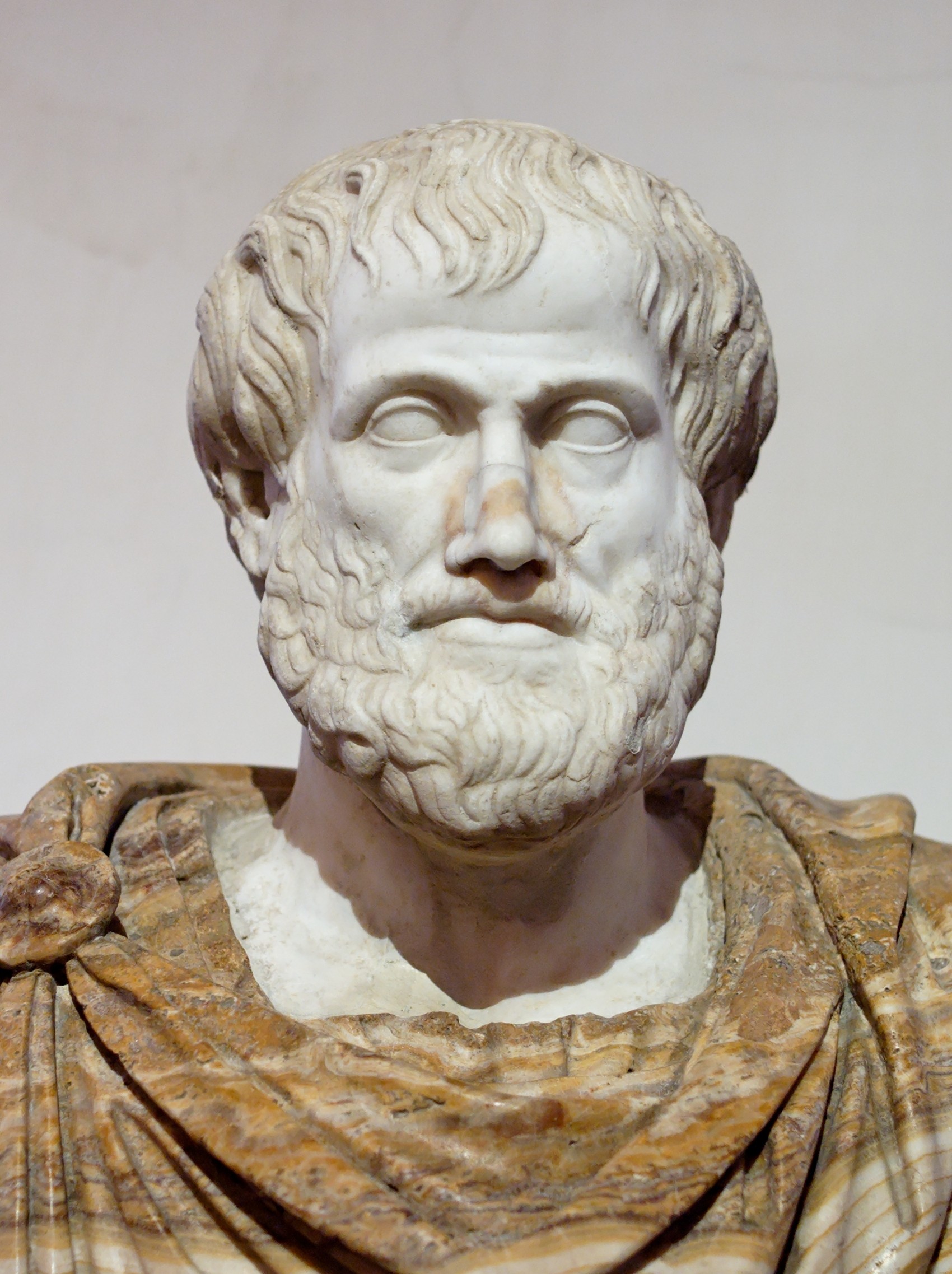Comparative politics, a cornerstone of political science, delves into the intricacies of various political systems across the globe. It’s a field with a rich history, tracing its roots back to antiquity. But who exactly is considered the father of comparative politics? This article explores the origins of the discipline and examines the contributions of key thinkers who shaped its development, ultimately leading us to the widely recognized “father” of the field.
 Aristotle
Aristotle
Comparative politics involves more than simply describing different political systems. It seeks to analyze and understand them by drawing comparisons, identifying patterns, and formulating theories about how political systems function. This comparative approach helps us to gain a deeper understanding of our own political system as well as those of other countries. It allows us to learn from the successes and failures of different political models, fostering a more nuanced perspective on governance and political behavior.
One of the earliest and most influential figures in comparative politics is Aristotle. He lived in ancient Greece during the 4th century BC and is widely considered the father of political science, a field which encompasses comparative politics. Aristotle meticulously studied the constitutions of 158 different Greek city-states, classifying them based on their governing structures and principles. His seminal work, “Politics,” examines various forms of government, including monarchy, aristocracy, and democracy, analyzing their strengths and weaknesses. Aristotle’s empirical approach, grounded in observation and analysis, laid the foundation for comparative political analysis for centuries to come.
Aristotle’s “Politics,” a foundational text in political philosophy, exploring different forms of government. (alt: The cover of a book titled Politics by Aristotle)
While Aristotle is often hailed as the “father,” it’s important to acknowledge that comparative politics has evolved significantly over time. Prior to World War II, the field, often referred to as “comparative government,” primarily focused on describing the formal institutions of Western governments. Following the war, the discipline underwent a transformation, embracing a more scientific and behavioral approach. This “modern” comparative politics expanded its scope to include the study of political behavior, political culture, and political development in countries across the globe, not just Western nations. This shift incorporated insights from sociology, anthropology, and economics, enriching the field and leading to more sophisticated analytical tools.
Modern comparative politics utilizes diverse methodologies including the systems approach, structural-functionalism, and political culture analysis to understand political phenomena. These approaches emphasize the dynamic interplay between political institutions, social structures, and individual behavior. Contemporary scholars continue to build upon the foundations laid by Aristotle and subsequent generations of political scientists, refining theories and methods to address the complex challenges facing political systems in the 21st century.
In conclusion, while the field of comparative politics has undergone significant transformations throughout history, Aristotle’s pioneering work in systematically analyzing different political systems earns him the title of “father of comparative politics.” His emphasis on empirical observation and comparative analysis laid the groundwork for the development of a discipline that continues to provide crucial insights into the workings of political power, governance, and the diverse forms of political organization around the world.
